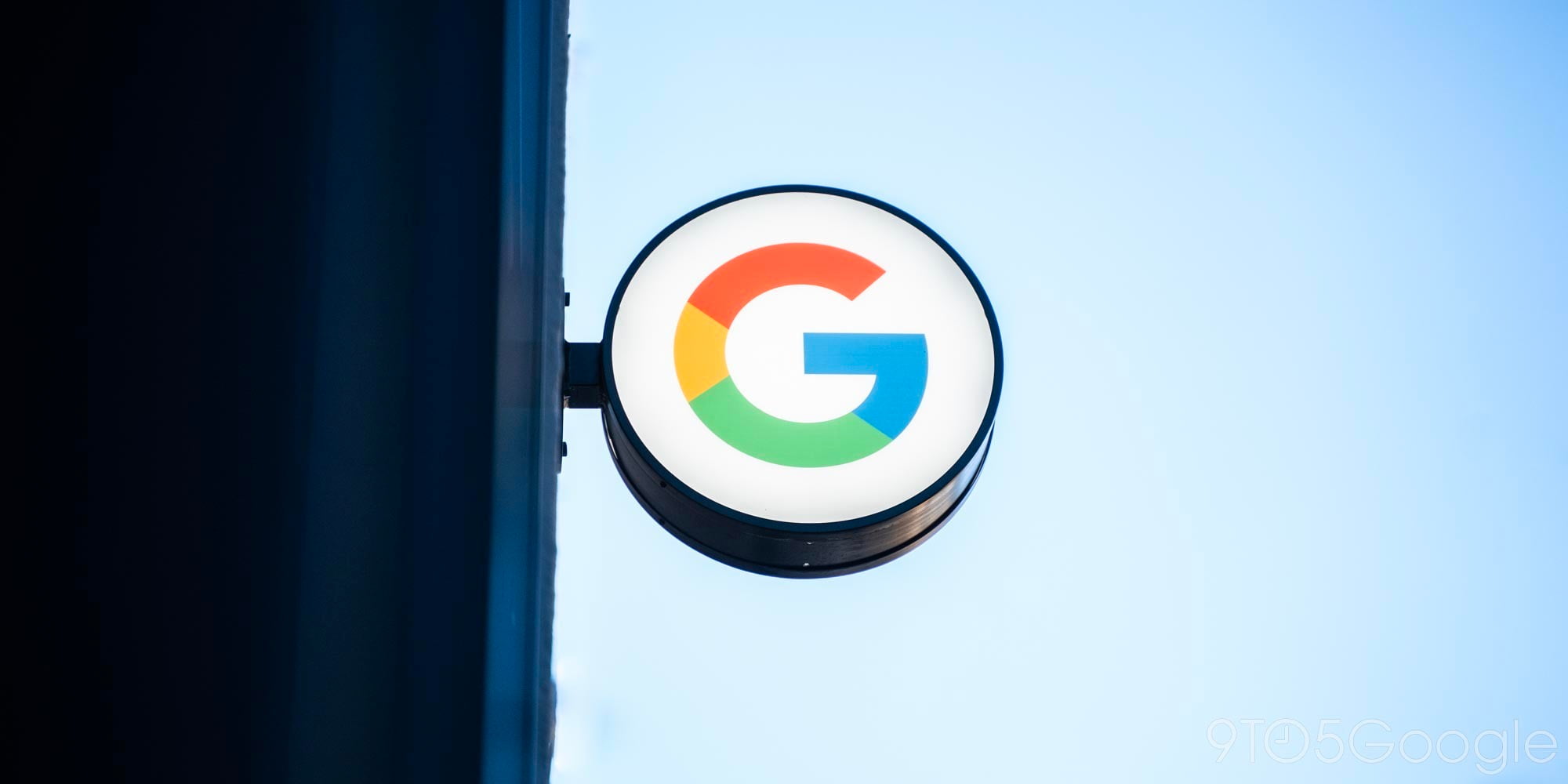

At an investor conference in Korea this morning, Samsung officially unveiled details about its next flagship mobile camera sensor. Dubbed BRITECELL, the camera boasts more, smaller pixels in a smaller sensor but — thanks to some clever tech — it also delivers sharper, brighter, more colorful images, even in low light conditions…
BRITECELL has been developed specifically to offer great images in darker conditions. The key tech behind this is the omission of the traditional Bayer filter layout. This filter essentially turns pixels green, but also happens to block out some of the light hitting the sensor. To get more light in, Samsung has done away with these green pixels and replaced them with white ones.

Because more light now gets to the sensor, Samsung has also been able to develop a camera module with more, smaller pixels. Samsung’s BRITECELL cameras can feature up to 20 million pixels measuring 1µm. Compare that to the 16MP cameras currently used with 1.12µm pixels. What’s more, because of the way these new BRITECELL sensors are made, camera modules in smartphones will be 17% thinner, so we may even see a disappearance of protruding cameras on the back of phones.

As well as the aforementioned improvements, Samsung has also developed its image processing technology. To boost dynamic range, Samsung has created what it calls Smart WDR, which works similarly to HDR in that it takes multiple exposures and combines them to make a bright, colorful image. There’s also a new PDAF (phase detection autofocus) system which quickly and accurately focuses on objects, even when they’re moving, or are pretty far away.
Although the company didn’t confirm it, I think it’s safe to assume that these new BRITECELL camera sensors will start making their way to phones next year. The very fact Samsung has gone public with them suggests they’re ready for us in mainstream products. Whether that means will definitely see it in the Samsung Galaxy S7, which is due to be announced in Q1 of next year, is yet to be seen. Where ever it ends up first, it has a tough challenge following up on the camera module used in the Galaxy Note 5, which we think is one of the best smartphone cameras ever released.
FTC: We use income earning auto affiliate links. More.






Comments